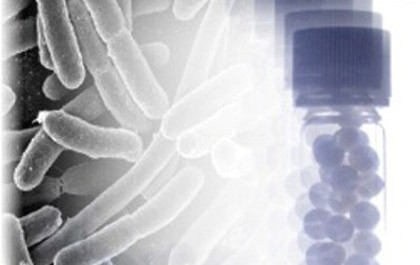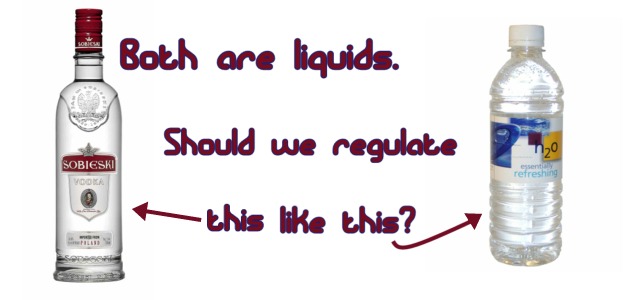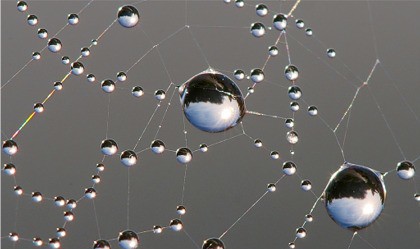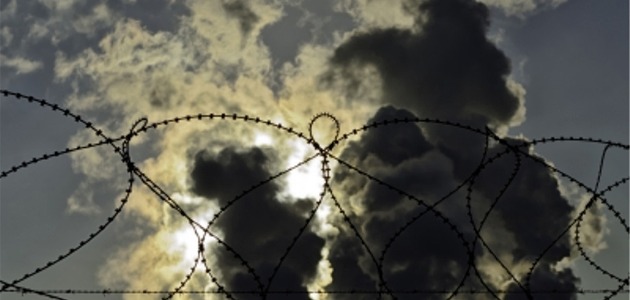Natural Health
Study Shows Homeopathic Remedies Kill Cancer Cells Without Harming Healthy Cells

by Heidi Stevenson
A recent study published in the February 2010 issue of the International Journal of Oncology has documented that homeopathic remedies applied to breast cancer cells caused significant cell death, while resulting in nearly indiscernible harm to normal breast cells. The finding cannot be explained by a placebo effect, as it was a lab experiment on cell lines, results were reached using automated equipment, and proper controls were included.
The study, done by the respected MD Anderson Cancer Center, was entitled, “Cytotoxic effects of ultra-diluted remedies on breast cancer cells”(1). Lead author, Moshe Frenkel MD, stated,
We felt that homeopathy needed to be tested in the same way that we test new chemotherapeutic drugs. We were quite impressed to find that homeopathic remedies have similar effects to chemotherapy on breast cancer cells but without affecting normal cells, a very exciting finding. As far as we know, this is the first study that evaluated the effect of homeopathic remedies on breast cancer cells.
Modern automated equipment was used to test the effects of four homeopathic remedies on two adenocarcinoma cell lines. Controls of normal breast cells and cells treated only with solvent were done. Results were presented in graph form, a method often used in pre-clinical trials of drugs. The methodology is similar to testing done on paclitaxel (generic for Taxol®).
Cell lines were cultured and treated with solvent or solvent with one of four remedies added: Carcinosin 30C, Conium maculatum 3C, Phytolacca decandra 200C, and Thuja occidentalis 30C. These particular remedies were chosen because they’ve been used effectively at the P. Banerji Homeopathic Research Foundation in Kolkata, India. They had submitted examples of their treatment to the National Cancer Institute, which accepted that they provided sufficient evidence to warrant further research—which led to this study.
The results were remarkable. The viability of cells treated only with solvent were inhibited, on average, by 20-30% in the three cell lines, to a maximum of 35% at the longest exposures. All four remedies further inhibited viability in the two breast cancer cell lines, but did not show a significant reduction in the normal cell lines. The amount varied by cell line, remedy, concentration of remedy, and time. One of the cancer cell lines was less viable in the face of homeopathic remedies than the other.
The two most effective remedies on these cell lines were Carcinosin and Phytolacca. At 5µl/ml, they reduced viability in one cancer cell line at 48 & 72 hours by 50-65%, and at 10µl/ml, viability was reduced by 65-70%. In the other cancer cell line at the same times, 5µl/ml concentrations reduced viability by 60-75% and at 10µl/mo, viability was reduced by 70-80%. The maximum viability reduction by solvent alone in the two cancer cell lines was 30-35%.
The effects of all the remedies on the normal cell line were nearly indistinguishable from the solvent’s effect.
The Self-styled Debunkers
As with any study that documents homeopathy’s effectiveness, the debunkers have come out on this one. If anything, they’re even more ferocious this time. From my reading, most of the claims are simply false, apparently the result of not having read it. Claims that there were no controls are obviously false. There were, in fact, two types—untreated normal cells and solvent-treated normal cells. Claims that the solvent must have caused any effects—obviously based on the presumption that homeopathy can’t work, therefore it must have been the solvent—whereas the study clearly distinguished between results of solvent alone and solvent with remedies added. Claims are made that there are no statistics, but the ones quoted above came directly out of the paper. Claims were made that no margin of error was calculated, but that particular statistic applies to population sampling, which this wasn’t. Then, there were claims that no other error calculation was made, but again, that wasn’t true. The standard deviation was included in all the bar graphs.
There was one claim that seems, at first, to be valid. That’s the claim that the data weren’t included in the report. That’s true. However, what they don’t comment about is that similar studies also don’t show the data. One in particular was a paclitaxel (Taxol®) study that was done much like this one. If they don’t like it, where are there complaints about studies on pharmaceuticals?
In fact, such studies are referenced and used to support human trials. The Taxol study entitled, “Paclitaxel-induced apoptosis in MCF-7 breast-cancer cells”(2) used only one cancer cell line (the same one that homeopathic remedies were better at controlling) and compared Taxol only with caffeine. The Taxol study reported its results in graphs, as did this one using homeopathic remedies. Yet, it was used as a reference in 61 later trials, including ones on humans.
At best, the skeptics have a double standard when it comes to homeopathy studies. At worst, they make claims that show they haven’t even read what they’re trying to debunk.
Homeopathy detractors routinely trot out the tired old canard that no scientific proof exists that it works. This study and a comparison with a similar one demonstrate the hollowness of that claim.
What the MD Anderson Study Shows
The study done by Frenkel and his team provides compelling evidence that homeopathic remedies have an impact on living cells, and may indicate an ability to distinguish between healthy and diseased tissues. It doesn’t demonstrate how homeopathic remedies work, though it does provide some evidence for cellular changes they produce in some cancerous cells.
At the very least, Frenkel’s team has shown that homeopathy and its remedies should be taken seriously, and further studies should be done.
If you have breast cancer and are considering homeopathic treatment, please be aware that this study does not show efficacy for any particular homeopathic remedy on your particular cancer. Do not try to self-treat.
References:
- (1)“Cytotoxic effects of ultra-diluted remedies on breast cancer cells”; Frenkel et al, Int.J.Oncology, (36: 395-403,()2010)
- (2)“Paclitaxel-induced apoptosis in MCF-7 breast-cancer cells”; Saunders et al, Int.J.Cancer(70, 214–220(1997)













